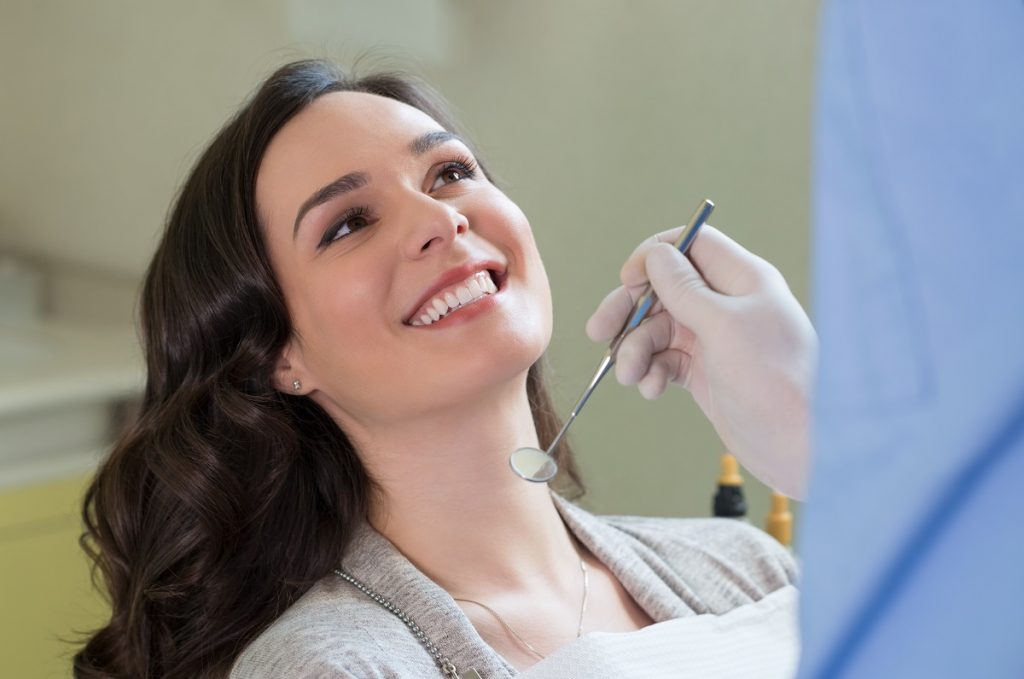Crooked teeth can be a result of genetic influences as well as behaviours adopted in childhood including thumb sucking and the overuse of dummies or the result of a facial injury.
The concern around crooked teeth is greater than just the embarrassment of how they look. On the whole, people generally accept that crooked teeth detract from an aesthetically pleasing smile but many are often surprised to learn that misaligned teeth can have far more serious consequences for a person’s overall physical and psychosocial wellbeing and even longevity. Yes, there are numerous compelling arguments to consider seeking the aid of orthodontic braces to straighten one’s teeth.
To help one make the most of one’s teeth they need to be properly aligned and orthodontic devices are specifically designed to reposition teeth that are crooked. The NHS recommends that the ideal age to start wearing a teeth-straightening device is from 12 or 13.
Dangers of misaligned teeth
Oral health maintenance challenges
Incorrectly positioned teeth are well-known for being a tough task to clean with one spending plenty of time working up a sweat flexing one’s arm muscles to get the floss in between teeth at awkward angles. Teeth too close together create tight spaces that are an ideal environment in which enamel-destroying bacteria and those responsible for bad breath can thrive.
Cavities and tooth decay are another cause for concern when patients neglect to keep their teeth and gums effectively clean and often end up having to undergo extractions. Horrifying statistics indicate that as many as 105 children in the UK have extraction procedures a day to remove rotten teeth. In the majority of these situations, the decay of teeth could have been avoided.
Increased tooth wear
It happens gradually over time with changes in tooth wear so subtle it is barely noticeable to the patient. One of the issues with overcrowding is that there is greater opportunity for teeth to rub together and in due course, the protective surface layer of the tooth erodes away leaving it vulnerable to bacteria.
 Heightened risk of teeth injury
Heightened risk of teeth injury
Protruding teeth positioned in the upper dental arch are at greater risk of damage – chipping or cracking should a patient receive a blow to the mouth area.
Chewing challenges may put certain foods out of bounds
There may be a limit on what types of foods a patient can and can’t eat if their ability to chew and bite into food is impaired. The human dental arch is comprised of a number of different types of teeth which work harmoniously in sync to cut through food. If difficulties in chewing is experienced and certain types of foods are avoided (especially if these are rich in essential vitamins and minerals), a patient may be deprived of proper nutrition.
Adverse effect on psychosocial health
The outward appearance of one’s smile relates to one’s mental and emotional state – with confidence and self-esteem being the key areas impacted. With a pleasing smile one is encouraged to smile more and smiling more is linked to lower stress and increased joy.
For a reliable assessment of the condition of one’s teeth and for confident teeth-straightening treatment plans, Aura Dental clinic has qualified and experienced dental practitioners offering quality dental care.

